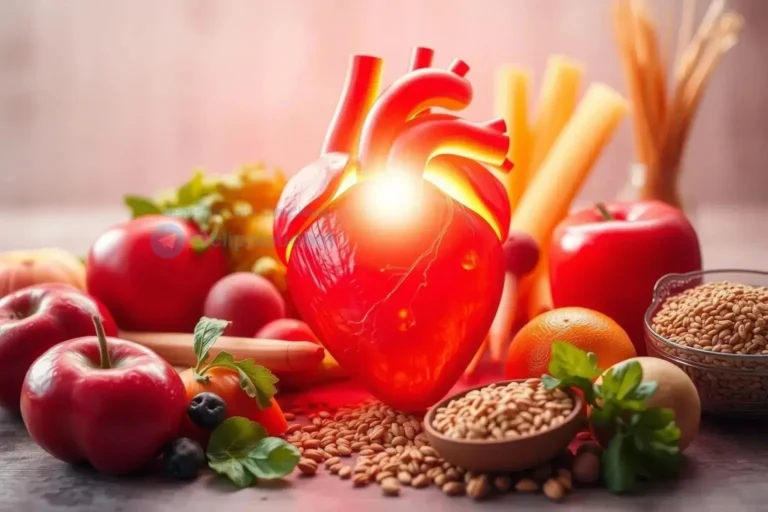How to Lower Cholesterol Naturally
Discover practical steps to lower cholesterol without medication. Explore diet, lifestyle changes, and natural remedies to improve your heart health and overall well-being.
Understanding Cholesterol: The Good, the Bad, and the Ugly
Cholesterol, a waxy substance found in your blood, isn’t inherently bad. In fact, your body needs it to build healthy cells. However, like most things in life, moderation is key. Too much cholesterol can pose serious health risks. There are two main types of cholesterol you should know about: HDL (high-density lipoprotein) and LDL (low-density lipoprotein).
HDL is often referred to as “good” cholesterol. Think of it as a tiny scavenger, picking up excess cholesterol and carrying it back to your liver for removal. Higher levels of HDL are associated with a lower risk of heart disease.
LDL, on the other hand, is known as “bad” cholesterol. High levels of LDL can lead to a buildup of plaque in your arteries, restricting blood flow and increasing the risk of heart attack or stroke. This buildup is like sludge in your pipes, slowly clogging the system.
Understanding the difference between HDL and LDL cholesterol is crucial for managing your overall cholesterol levels and maintaining good heart health. Knowing your numbers and what they mean empowers you to make informed decisions about your diet and lifestyle.
Dietary Changes for Cholesterol Management
One of the most effective ways to manage cholesterol is through dietary adjustments. Focus on incorporating heart-healthy foods into your daily meals. Increase your intake of soluble fiber found in oats, beans, apples, and citrus fruits. Soluble fiber helps bind cholesterol in the digestive system and promotes its excretion.
Embrace healthy fats like those found in avocados, nuts, seeds, and olive oil. These fats can help raise HDL cholesterol levels and improve your overall lipid profile. Limit saturated and trans fats found in red meat, processed foods, and some baked goods, as these contribute to higher LDL cholesterol.
Incorporate foods rich in omega-3 fatty acids, such as salmon, tuna, and flaxseeds. Omega-3s have been shown to lower triglycerides and reduce the risk of heart disease. Finally, consider adding plant sterols and stanols to your diet. These compounds can block the absorption of cholesterol in the intestines.
Natural Remedies and Lifestyle Adjustments
Beyond dietary changes, several natural remedies and lifestyle adjustments can contribute to healthy cholesterol levels. Regular physical activity is crucial. Aim for at least 30 minutes of moderate-intensity exercise most days of the week. This helps increase HDL cholesterol and improve overall cardiovascular health.
Maintaining a healthy weight is also important. Excess weight can contribute to higher LDL cholesterol levels. If you smoke, quitting is one of the best things you can do for your heart health. Smoking lowers HDL cholesterol and increases the risk of heart disease.
Consider incorporating natural remedies like soluble fiber supplements, such as psyllium husk, or exploring supplements containing plant sterols or stanols. Additionally, managing stress through techniques like yoga, meditation, or deep breathing can positively impact cholesterol levels.
Working with Your Doctor for Optimal Heart Health
Managing cholesterol is a collaborative effort. Regular checkups with your doctor are essential for monitoring your cholesterol levels and assessing your overall heart health. Your doctor can provide personalized guidance based on your individual risk factors and health history.
Discuss your lifestyle choices and any natural remedies you’re considering with your doctor. They can help you determine the best course of action and ensure that your approach aligns with your overall health goals. Your doctor may recommend medication, such as statins, if lifestyle changes and natural remedies aren’t enough to lower your cholesterol to a healthy range.
Open communication with your doctor is key to achieving optimal heart health. By working together, you can develop a comprehensive plan to manage your cholesterol and reduce your risk of heart disease. Remember, proactive steps today can lead to a healthier heart tomorrow.






